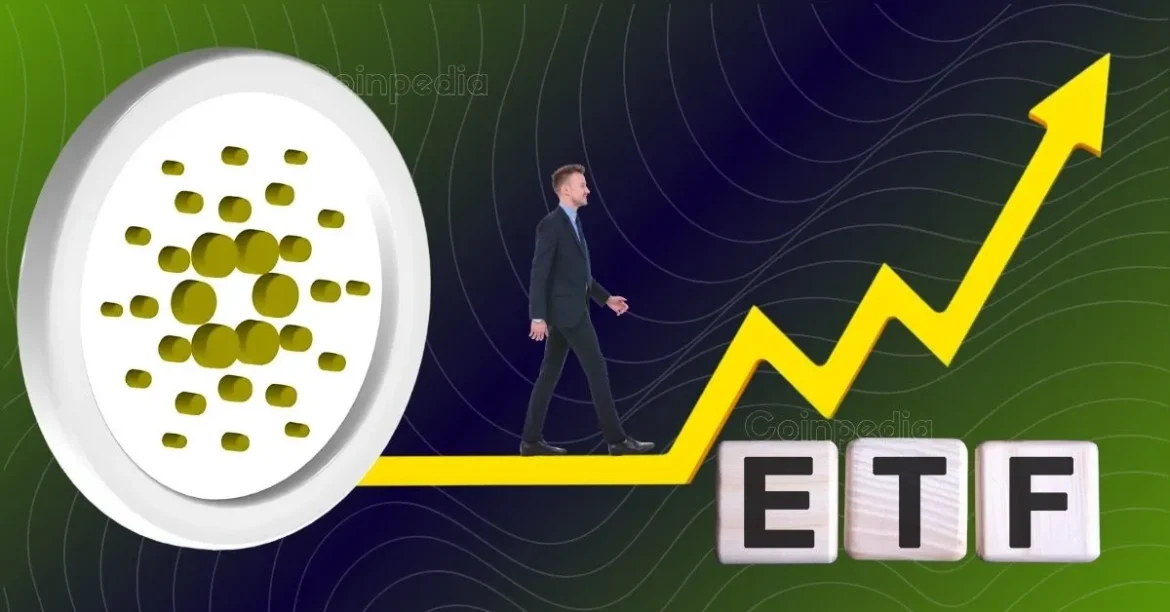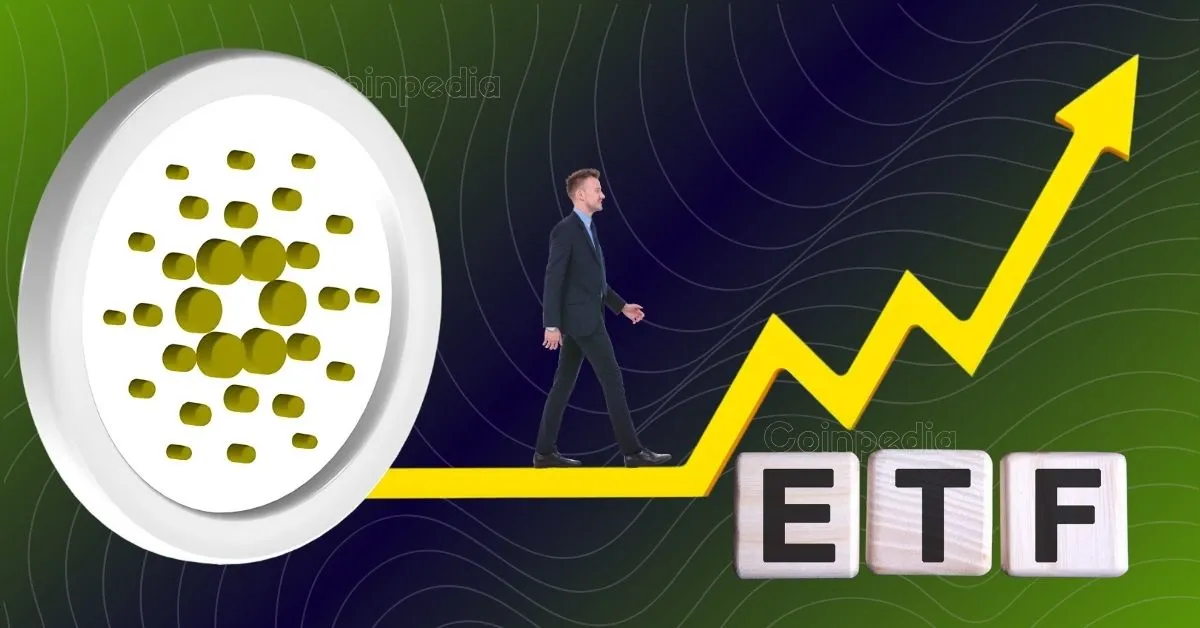Navigating the Complex Landscape of Cardano’s ETF Journey and Price Movements
The cryptocurrency market continually grapples with the influence of regulatory decisions, and Cardano (ADA) exemplifies this dynamic through its ongoing battle to secure an Exchange-Traded Fund (ETF) listing. The U.S. Securities and Exchange Commission’s (SEC) repeated delays in approving Grayscale’s Cardano ETF application have created waves in ADA’s market price and investor sentiment. Examining the recent developments around the Cardano ETF sheds light on how regulatory inertia, market reactions, and broader crypto ecosystem trends interplay.
—
The SEC’s Deliberate Pace: Delay After Delay on Grayscale’s ADA ETF
Grayscale submitted its Cardano ETF application via NYSE Arca on February 10, 2025. The SEC acknowledged this filing and allotted itself a maximum of 240 days to review and decide, extending the deadline to August 2025. However, fresh delays pushed back the decision multiple times. Initially, the SEC had 45 days to decide, which it extended first from mid-April to late May 2025, and subsequently delayed again, citing the necessity for additional review time.
This pattern echoes a broader SEC hesitancy: the agency has routinely delayed or outright rejected proposals for crypto ETFs related to Bitcoin and Ethereum, despite allowing Bitcoin Futures ETFs. The Grayscale Cardano ETF finds itself among other delayed filings related to altcoins such as XRP, Solana, and Dogecoin.
These prolonged assessments frustrate investors craving regulatory clarity to innovate and diversify crypto investment instruments. They unfortunately also feed into market uncertainty, contributing to volatile price reactions for ADA.
—
Market Reactions and Price Volatility: The ADA Rollercoaster
The direct correlation between SEC delays and ADA’s price movement is striking. Each postponement or regulatory pause has been met with immediate dips in Cardano’s market value, with reports highlighting declines nearing 4% or more in response to negative news.
Conversely, moments of optimism, such as the initial filing announcement or brief ETF approval surges, have triggered rallies — for example, an 11% short-lived jump after Grayscale’s initial filing and a peak price near $0.82. However, these gains quickly reversed amid increased selling pressure, as indicated by spikes in trading volume and negative Balance of Power metrics.
More broadly, ADA endured lows in 2023 linked to waning interest in decentralized finance (DeFi) and overarching regulatory challenges. Despite this, it remains one of the top projects regarding development activity, signaling ongoing technical progress even in the face of market turbulence.
—
Broader Crypto Ecosystem Influence and Speculation
While Cardano’s ETF uncertainty dominates headlines, other market movements have also impacted ADA’s price. General Bitcoin retreats (dropping below $84,000), and corrective phases in Ethereum and XRP accompanied ADA price dips. These correlated movements illustrate the interconnectedness of cryptocurrency assets, particularly under risk-off environments triggered by large equity or tech sell-offs (e.g., Nvidia-driven volatility).
Additionally, platforms like eToro have maintained Cardano’s trading presence even amid regulatory tensions, supporting liquidity and exposure. Brokerages paying fines to the SEC, as eToro did ($1.5 million), reflect the complex regulatory compliance landscape still evolving around crypto assets.
Interestingly, speculation around price targets ranging from $0.75 as near-term support to bullish aspirations exceeding $1 per ADA is consistent among analysts. Some forecasts cautiously envisage possible breakouts if the ETF gains approval and broader favorable market conditions align.
—
The ETF’s Potential Impact on Cardano’s Future
Should the SEC approve the Grayscale Cardano ETF — something acknowledged as a possibility given the 240-day review timeline — it could mark a watershed moment for Cardano’s mainstream adoption and investor accessibility. ETFs provide traditional investors with a relatively secure, regulated means to gain ADA exposure, potentially triggering increased institutional interest and inflows.
Furthermore, Grayscale’s product intends to track ADA prices across major exchanges like Coinbase and Kraken, which would enhance transparency and market efficiency. This listing could shift market sentiment positively, reduce volatility levels, and position Cardano as a more prominent DeFi competitor amid altcoins.
—
Conclusion: Awaiting Regulatory Clarity Amid Fluctuating Market Sentiment
The saga surrounding Grayscale’s Cardano ETF application underscores the complex interplay between regulatory processes and crypto market dynamics. Repeated SEC delays, prompted by a cautious approach to emerging asset classes, continue to weigh on ADA’s price momentum and investor confidence. While these setbacks generate bearish pressures and short-term sell-offs, Cardano’s fundamental strengths in technological development and growing ecosystem adoption provide a counterbalance.
For investors and observers, the coming months leading up to the SEC’s August 2025 deadline will be pivotal. An approval could catalyze renewed bullish sentiment and institutional participation, while further delays or rejection could prolong uncertainty. Meanwhile, ADA price trends will likely hinge not only on regulatory updates but also on broader market cycles and innovations within the blockchain space.
In this fast-evolving, often unpredictable crypto landscape, Cardano’s journey highlights the challenges and potential rewards embedded in pioneering new financial frontiers.





